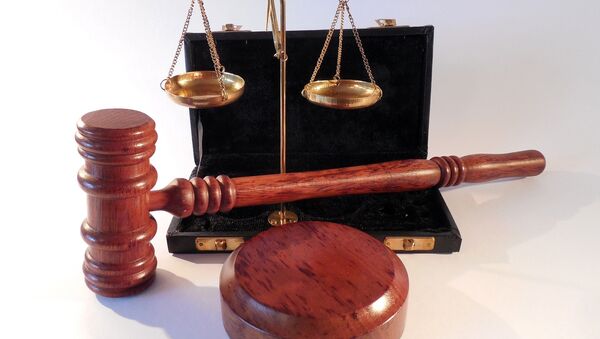WASHINGTON (Sputnik) — The guidance instructs prosecutors and forensic scientists to avoid two commonly used phrases — "reasonable certainty" or "reasonable scientific certainty" when testifying in criminal trials.
"We are continually looking at ways to ensure that forensic evidence is collected, analyzed and presented in a responsible and scientifically rigorous manner," Deputy Attorney General Sally Yates said in a press release explaining the recommendations.
In recent years, faulty testimony involving forensic patters such as bite marks and hair analysis has resulted in dozens of convicted prisoners being exonerated.


